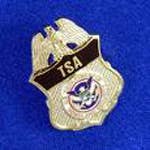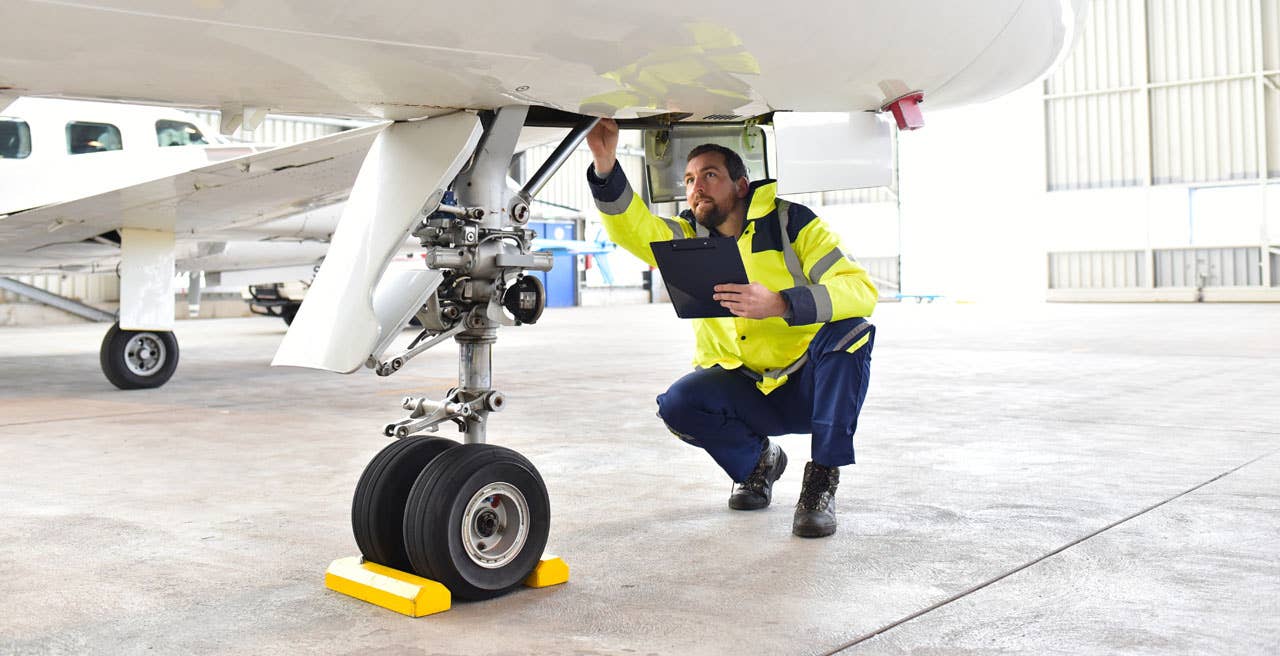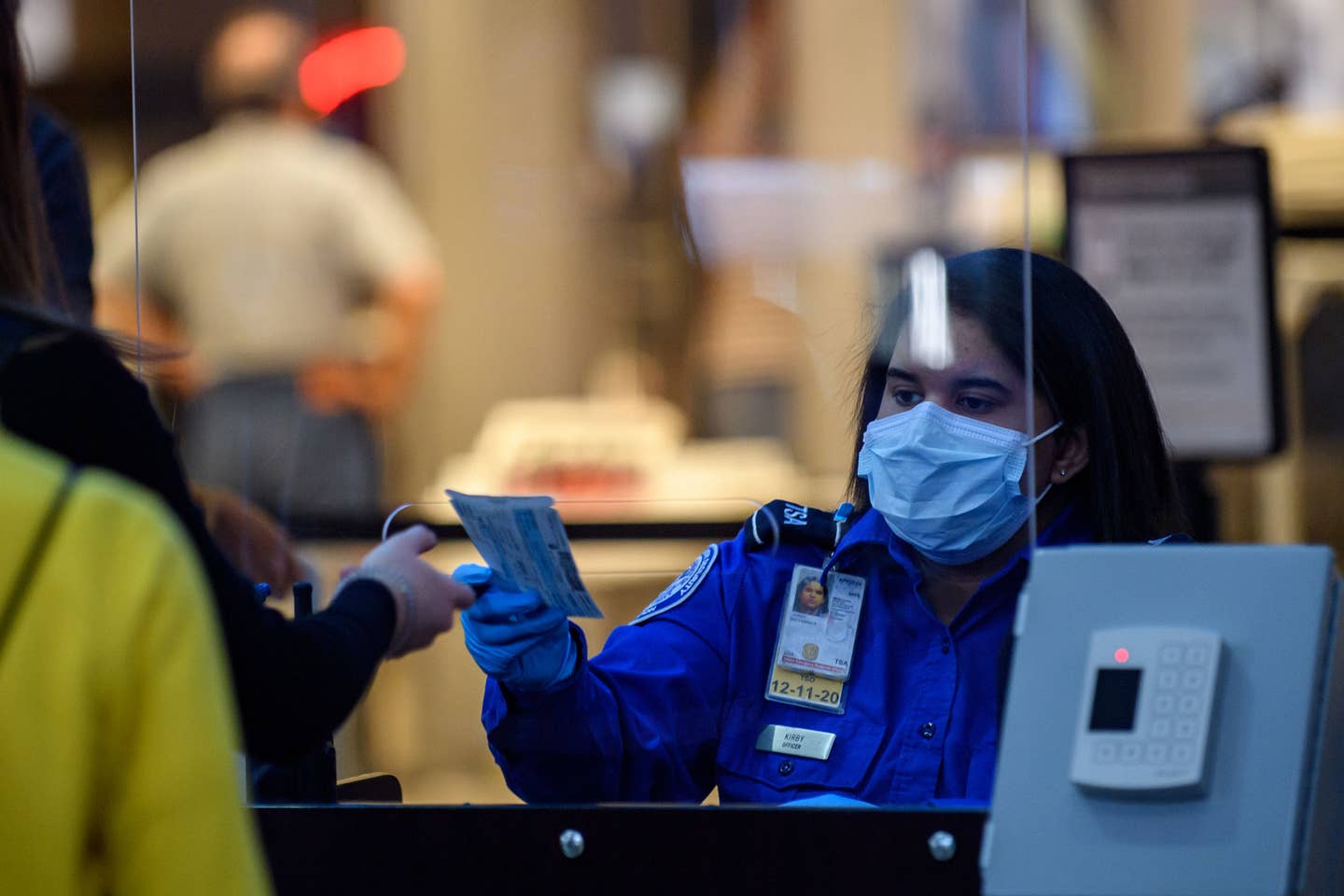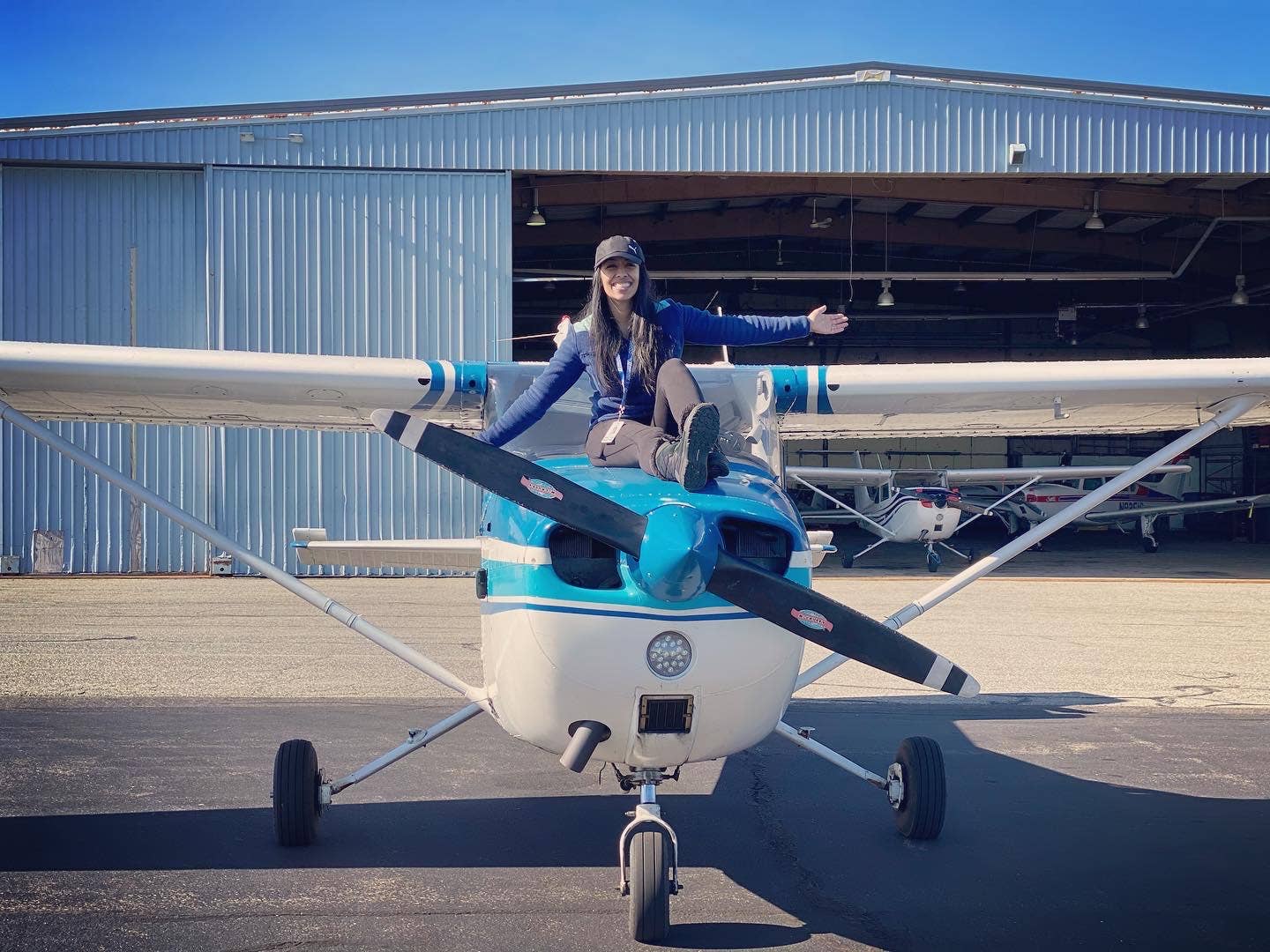LASP Comment Deadline Is Friday, Court Challenge Expected
The Transportation Security Administration’s proposed Large Aircraft Security Program is causing quite a high level of concern among the GA alphabet groups, and this Friday marks the end of the comment period on the proposal. The advocacy groups are asking their members to submit comments and protest this plan, which they say would impose crushing burdens on GA airports and operators. The program would apply only to aircraft of 12,500 pounds and up, but it would mark the first time for TSA to gain access to purely private flight operations. “It would, in effect, require governmental review and authority before you could operate your own personal vehicle,” says EAA. “The TSA’s proposal raises serious constitutional questions about personal liberty, privacy, and freedom of movement.” The plan would also impact sport aviation, such as skydiving and historic aircraft flights, and EAA says it would be especially onerous in the Alaska aviation community. “What the TSA calls an ‘all-encompassing solution’ is a legal death sentence to the functional present-day means that provide essential services to most of rural Alaska,” one commenter wrote last week. At least one company, Carrington Capital, of Greenwich, Conn., the parent of Peregrine Jet, aims to challenge the matter in court. The suit, to be filed on Friday, contends that Congress never gave TSA the authority to institute LASP, but only directed TSA to “transmit a report on airspace and other security measures that can be deployed, as necessary, to improve general aviation security.”

 The Transportation Security Administration's proposed Large Aircraft Security Program is causing quite a high level of concern among the GA alphabet groups, and this Friday marks the end of the comment period on the proposal. The advocacy groups are asking their members to submit comments and protest this plan, which they say would impose crushing burdens on GA airports and operators. The program would apply only to aircraft of 12,500 pounds and up, but it would mark the first time for TSA to gain access to purely private flight operations. "It would, in effect, require governmental review and authority before you could operate your own personal vehicle," says EAA. "The TSA's proposal raises serious constitutional questions about personal liberty, privacy, and freedom of movement." The plan would also impact sport aviation, such as skydiving and historic aircraft flights, and EAA says it would be especially onerous in the Alaska aviation community. "What the TSA calls an 'all-encompassing solution' is a legal death sentence to the functional present-day means that provide essential services to most of rural Alaska," one commenter wrote last week.
The Transportation Security Administration's proposed Large Aircraft Security Program is causing quite a high level of concern among the GA alphabet groups, and this Friday marks the end of the comment period on the proposal. The advocacy groups are asking their members to submit comments and protest this plan, which they say would impose crushing burdens on GA airports and operators. The program would apply only to aircraft of 12,500 pounds and up, but it would mark the first time for TSA to gain access to purely private flight operations. "It would, in effect, require governmental review and authority before you could operate your own personal vehicle," says EAA. "The TSA's proposal raises serious constitutional questions about personal liberty, privacy, and freedom of movement." The plan would also impact sport aviation, such as skydiving and historic aircraft flights, and EAA says it would be especially onerous in the Alaska aviation community. "What the TSA calls an 'all-encompassing solution' is a legal death sentence to the functional present-day means that provide essential services to most of rural Alaska," one commenter wrote last week.
At least one company, Carrington Capital, of Greenwich, Conn., the parent of Peregrine Jet, aims to challenge the matter in court. The suit, to be filed on Friday, contends that Congress never gave TSA the authority to institute LASP, but only directed TSA to "transmit a report on airspace and other security measures that can be deployed, as necessary, to improve general aviation security." AOPA President Craig Fuller said the proposal is the proverbial camel's nose under the tent. "I believe that if one segment of general aviation can be unjustly regulated, then any segment can face the imposition of unfair regulatory burdens," he said. "So, this fight is one we all have a stake in, regardless of what type of aircraft we fly." Click here to learn more and send your comments. Click here to listen to AVweb's recent interview with EAA's Doug Macnair, vice president of government relations, on this topic.
AOPA also said on Tuesday that TSA has extended its deadline for imposing a controversial security directive that would require security badges and background checks for all GA pilots based at air carrier airports. The TSA will push the deadline for compliance back to June 1 and in the interim will meet with industry representatives to consider alternatives and to find solutions better suited to GA, AOPA said. "It's an important development that the TSA has recognized that we're users with a vested interest at these airports and wants to work with us to explore alternatives," said Craig Spence, AOPA vice president of security. "Our goal is to work with the TSA to ensure pilots' need for access at commercial airports is addressed."






